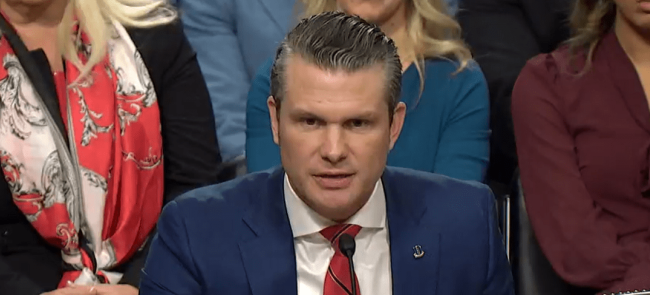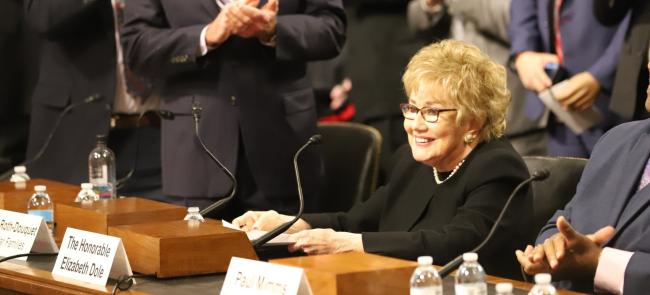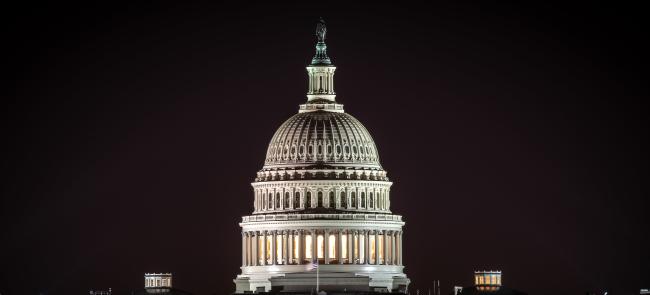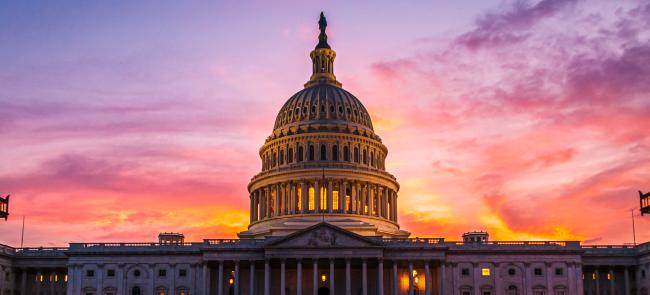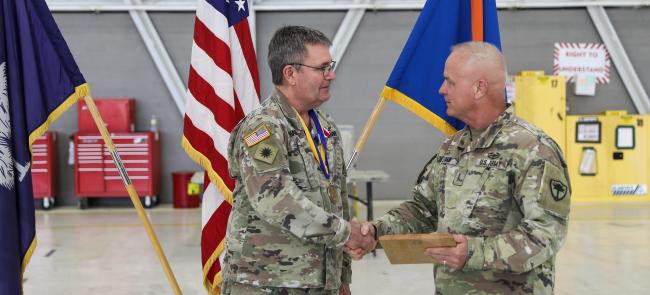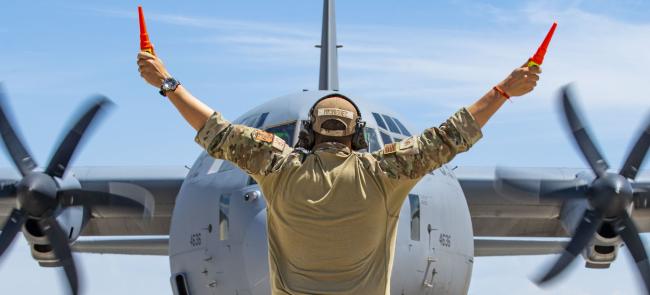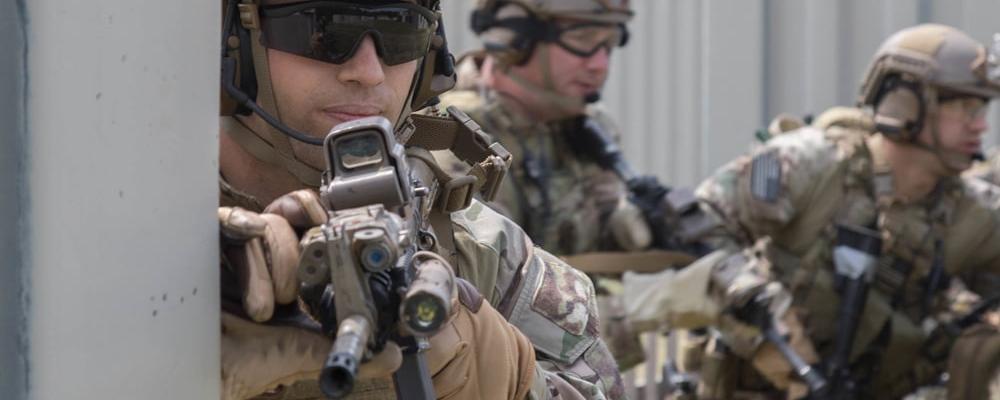
While its repeal of the military's COVID-19 vaccine mandate dominated headlines, the new National Defense Authorization Act has several other provisions impacting the National Guard.
Released last week, the final text of the annual defense policy bill is a compromise between the House and Senate Armed Services committees.
The latest NDAA includes $858 billion for national defense in fiscal 2023, or $45 billion more than President Joe Biden requested.
But the NDAA only authorizes spending.
The dollar amount that will be available to the armed forces will be stipulated in defense appropriations, work that Congress hasn't completed.
Among the NDAA's Guard details are transitional health care benefits for Guard soldiers and airmen separated after more than 30 days of federal active duty due to an emergency declared by the president.
Other language in the measure requires a study on providing no-cost TRICARE Reserve Select and dental coverage to all Guard and Reserve members.
NGAUS believes this is a step toward the goals of the Healthcare for Our Troops Act.
Rep. Andy Kim, D-N.J., and Rep. Trent Kelly, R-Miss., sponsored the bill in the House.
The legislation's Senate version was sponsored by Sen. Tammy Baldwin, D-Wis., and Sen. Susan Collins, R-Maine.
There is also a provision that would require the appropriate service secretary to backdate the effective date or rank for any Guard officer waiting more than 100 days for federal recognition of their state promotion to after Jan. 1, 2024.
The language ending the Pentagon's controversial vaccine mandate gives the defense secretary 30 days from the date the president signs the NDAA to “rescind the mandate that members of the Armed Forces be vaccinated against COVID-19 pursuant to the memorandum dated August 24, 2021.”
Such a move would end separations for personnel refusing the vaccine, but the text doesn't address the 8,000 services members already separated because of the Defense Department memo released last year.
The compromise NDAA didn't include language from the House version that would create a Space National Guard under the Space Force.
Instead, a provision requires the Space Force to explain how a hybrid Space Component including some part-time positions might work.
The report would address how the part-time model would foster "career flexibility for reserve members of the Space Component ... to move back and forth between active and reserve status for prolonged periods of time across a career," according to the NDAA's text.
The Space Force's report is due March 1.
Last week, Rep. Jason Crow, D-Colo., told Colorado Public Radio that language establishing a Space Guard didn't reach the compromise NDAA.
Crow introduced an amendment creating a Space Guard into the House edition of next fiscal year's NDAA.
“But we made a lot of really good progress, so I think we teed it up” for next year, he said.
Making a Space National Guard that serves as the Space Force's primary combat reserve is a NGAUS legislative priority.
The full House passed the compromise NDAA last week.
The Senate is expected to pass the bill this week, sending it to the White House for Biden's signature.
A more detailed NGAUS analysis of the new NDAA exists here.
— By Jennifer Hickey

